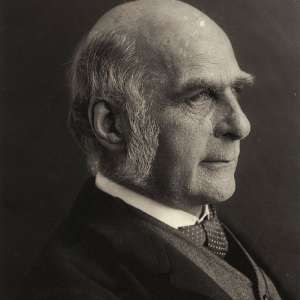
Two major defences of the freedom of expression were articulated in the nineteenth-century utilitarian tradition. Jeremy Bentham (1748–1832) was concerned with establishing the freedom of expression, and in particular the freedom of the press, as a protection against despotism and thereby furthering his schemes for the introduction of a democratic form of government, while John Stuart Mill (1806–1873) in On Liberty famously defended freedom of expression on the grounds that it promoted the discovery and maintenance of truth.
Nevertheless, Bentham and Mill both retained deep philosophical commitments to truth and utility, and their different approaches are better understood as complementary rather than contradictory and as reflecting the circumstances in which they were writing. Taking as a starting point the connections between the Nordic countries and these two thinkers, this article examines and compares Bentham’s and Mill’s work on freedom of expression.










































